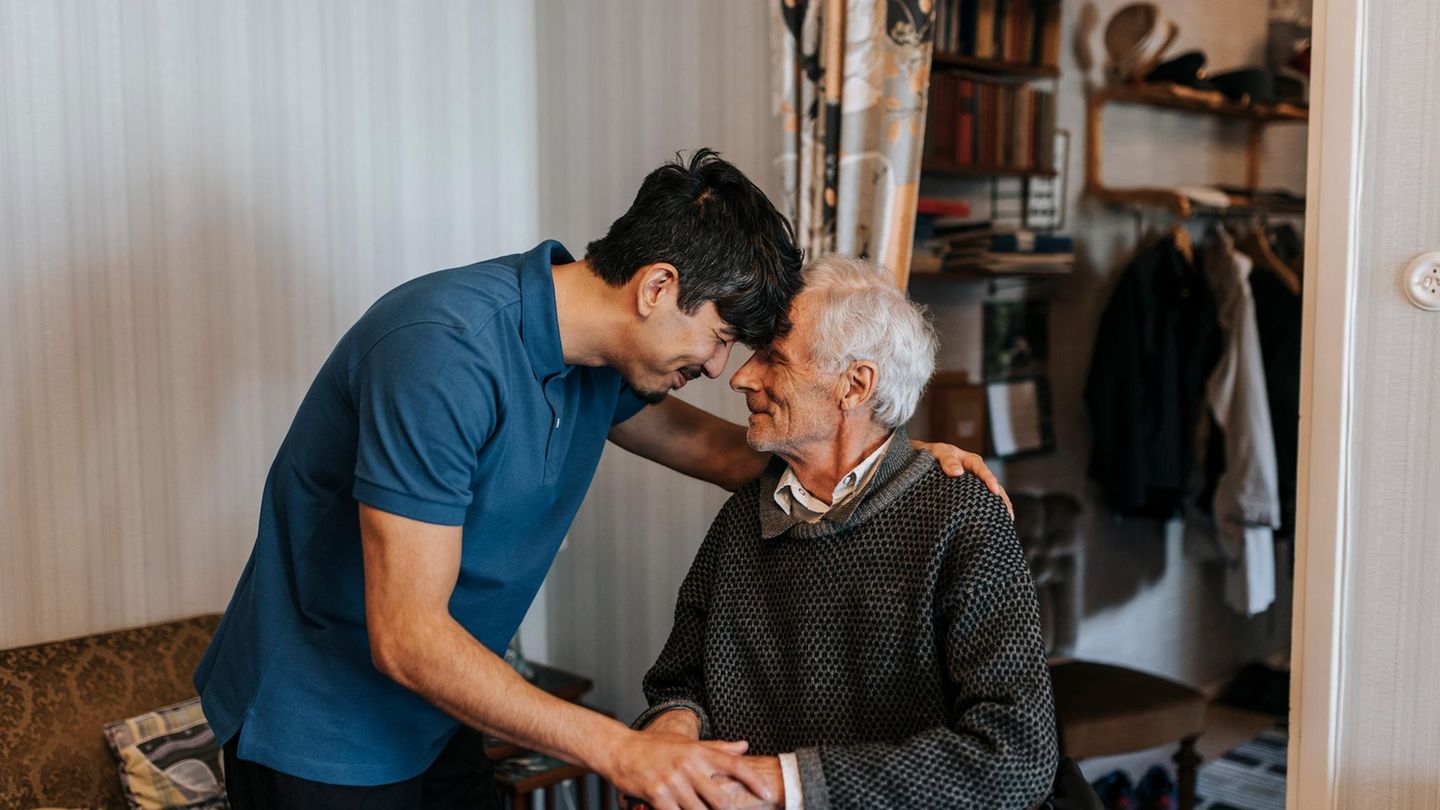Vitolo Light: It is as if it were the journey of the body, especially in “Sol que es estrella”, the last story. In the end there is nothing left, the body explodes, nothing can be contained. It’s the apocalypse, the dystopia. Story by story I am changing the register. And it made sense to end like this. What’s at the end? Even in the universes of science fiction the body is there, we need it to think and do. But there, in the end, I had to make it explode.
Q.: Jeffrey Eugenides feels that your stories are like a shrunken novel.
FV: My process is the other way around, each time the stories are getting longer. But I’m not going towards the novel yet. The novel creates many expectations in people, and in one. I don’t know if it’s because the market or the trajectory asks you to. For me, it is the text that defines the format, what I want to say and do, what I would like to publish. But for now what I write is spreading more and more.
Q.: Do you want the reader to work?
FV: I believe that art takes you to a place and there you let go of your hand, and that you do what you can with what you have been given. I like to think that I can manipulate the reader, then we have to see if I succeed. I set traps for him, sometimes I want to torture him. Because of the topics that I work on, there is something that, in order for it to enter, I have to work with the reader’s defenses, go around them, and that at some point is misleading. For example, this is clearly the case with the children in “La hormiga argentina”, everything is a game, everything is innocent, and no, it is not a game.
Q.: Why, although it seems like a journey, does no story have anything to do with the previous one?
FV: When ordering the stories I look for a path, then the reader, this is not my case, he picks up the book where it occurs to him, he chooses his path, his reading experience
Q.: Where do you start from to write your stories?
FV: I go out of images. The plot, what comes next, I have to look it up. “Summer Fruit”, which has to do with my biography -which took me 15 years to conclude- was the other way around. It had the characters, the theme, but: where was the fiction? And from there arises how can I tell that by going another way? What is behind this image that disturbs me? The story is the answer, it is having ordered the puzzle so that the form appears, giving it meaning.
Q.: Is “Summer Fruit” a defiant version of MeToo?
FV: Yes too. The MeToo is working in the background. I am not interested in totalizing discourses. I understand that armed speeches are used for social militancy, to motivate change. Sometimes there are things that need us to generalize, to put ourselves under some flag, for some reason. There is some of the speech that is useful for social life, but not so much for personal life. Furthermore, on the other hand, we are opaque to ourselves. That makes us face questions like what is that desire? Is it abuse? Is it not abuse? And we are there, at that limit. That is not only seen in “Summer Fruit” it is also in the story “The Argentine Ant”. That right there is on the edge of childishness. Is it an abuse when you don’t know that it is an abuse, when you are in that anomic world, in that outlawed world that is childhood? How far can you go? Can you exercise your evil, your anguish, what is happening to you, in another body?
Q.: What topics drive you to write?
FV: This collection of stories is very focused on the body. The body as the ultimate limit and as a condition of possibility of existence. The mystery of having a body is the mystery of existence. One day we opened our eyes and we had that little deformed body and we exist, and then we develop and eventually we are going to die. Why do I have a body? That raises us: why am I alive and what does it mean to live, what does life mean. But it is also about the body subjected to the elements, to violence, to love, to affection, to emotions, to decisions, to things, to affections. The body as a measure of everything, pleasure and pain. Also, among other things, what happens to us with the representations of the body? That was what he was spinning.
Q.: What authors do you like?
FV: I am reading many Argentine writers. I think it’s a great moment. I know a lot about Mariana Enríquez, Samanta Schweblin, Selva Almada. I’m interested in the Chilean Lina Meruane. I really liked “The Optic Nerve” by María Gainza, it seemed something different to me. At this moment I am reading “Materials for a nightmare” by Juan Mattio.
Source: Ambito
I am an author and journalist who has worked in the entertainment industry for over a decade. I currently work as a news editor at a major news website, and my focus is on covering the latest trends in entertainment. I also write occasional pieces for other outlets, and have authored two books about the entertainment industry.




